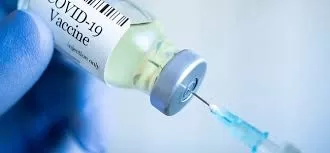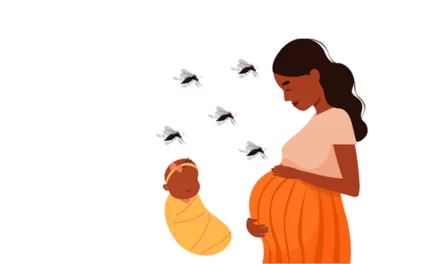
A recent study published in The Lancet Regional Health – Western Pacific suggests that reducing the dose of the widely used Covid-19 booster vaccine generates a comparable immune response in adults while minimizing side effects. The research discovered that a half dose of the Pfizer Covid-19 booster was as effective in triggering an immune response as a full dose among Mongolian adults previously inoculated with AstraZeneca or Sinopharm shots.
However, the study highlighted potential limitations for individuals who initially received the Sputnik V Covid-19 vaccine, indicating that half-dose boosting might be less effective in this group. Conducted by the Murdoch Children’s Research Institute (MCRI) and the National Centre for Communicable Diseases in Mongolia, the research involved 601 participants aged 18 and above, examining responses observed 28 days post-vaccination.
Professor Kim Mulholland from MCRI emphasized that fractional dosing could enhance the acceptability and uptake of Covid-19 boosters, potentially reducing program costs. This data, he suggested, could aid policymakers and immunization committees in devising adaptable booster schedules.
The study noted that participants who received half doses reported fewer local reactions compared to those given full doses (60% versus 72%), experiencing reduced pain and tenderness. Moreover, they reported fewer systemic reactions (25% versus 32%), including decreased occurrences of fever, vomiting, diarrhea, and headaches.
Dr. Melanie Saville, Executive Director of R&D at the Coalition for Epidemic Preparedness Innovations (CEPI), underscored the study’s significance in generating insights into vaccine combinations widely distributed through COVAX. This data, she indicated, could shape future booster strategies, particularly in global south countries, by making vaccination more accessible and cost-effective.










